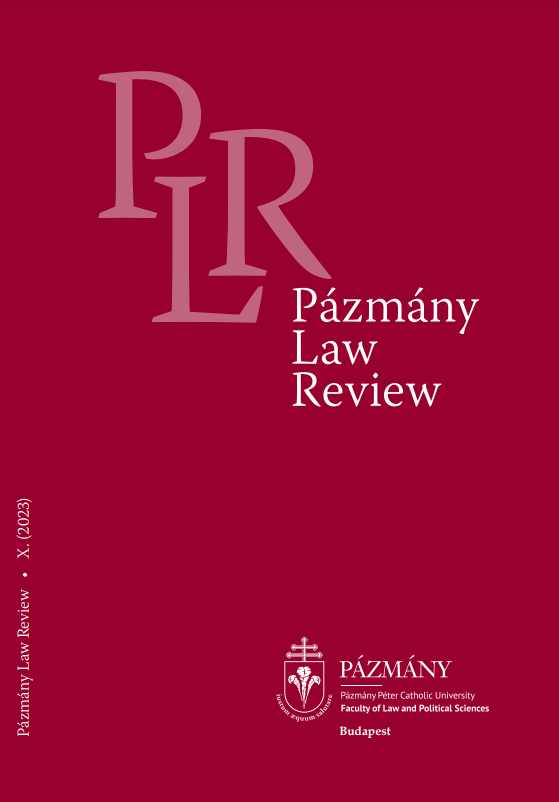Remote Interpreting in Criminal Proceedings
Abstract
Court interpreting is a form of community interpreting looking back at a long history. Indeed, the age of modern conference interpeting dates from the launch of simultaneous interpreting at the Nuremberg Trials following World War II. – Interpreting in court proceedings, in particular, in criminal law cases is indispensable for observing the right to a fair trial, enabling the defendant or applicants to understand the proceedings and make claims. Remote interpreting in court proceedings was employed predominantly in combination with remote hearings in the framework of legal aid procedures, however, with the outbreak of the coronavirus pandemic, courts scrambled to continue operations in the uncertain times of lockdown. – This paper examines the fundamental rights backdrop (Article 6 ECHR and Article 47 Charter of Fundamental Rights) and legal basis of court interpreting in Europe (Directive 2010/64/EU) as the legal context of remote court interpreting. Is also examines the European (EU and CoE) policy papers and actions supporting remote hearing and remote interpreting in judicial procedures. It then continues with the case study on remote interpreting at the Hungarian criminal judicial system in the era of the Pandemic. Finally, in light of these findings, the following question is tackled: Does the accused have the same opportunity in the proceedings? In essence: does remote hearing and interpreting guarantee a fair trial?





